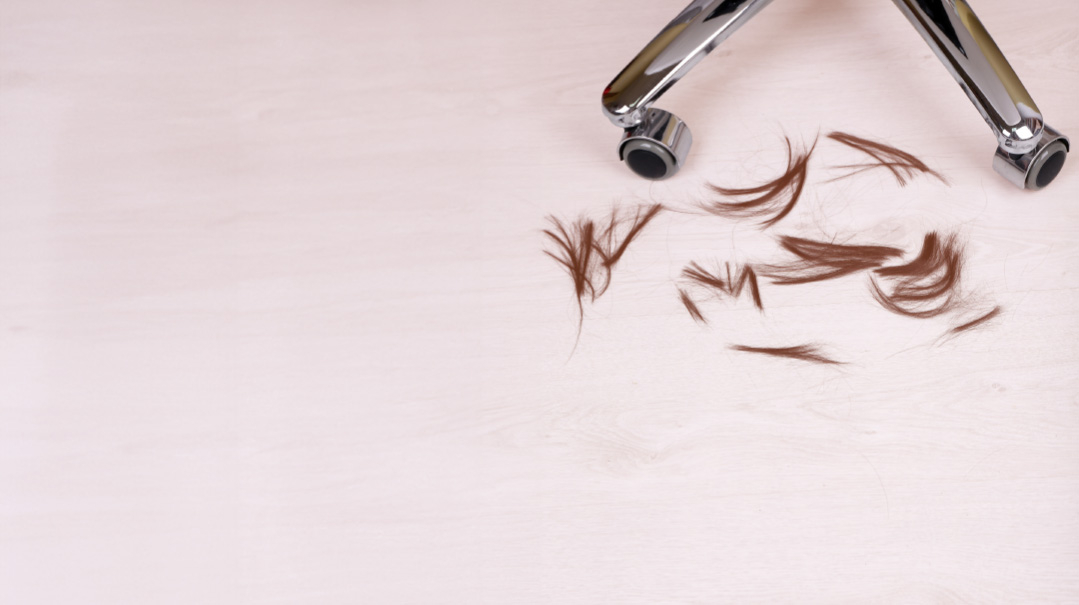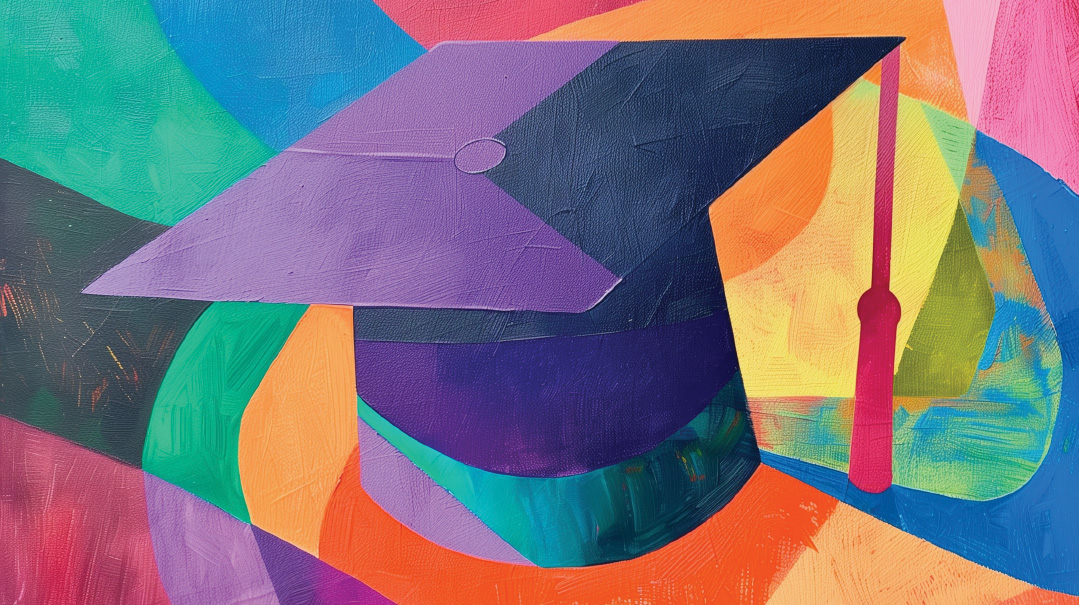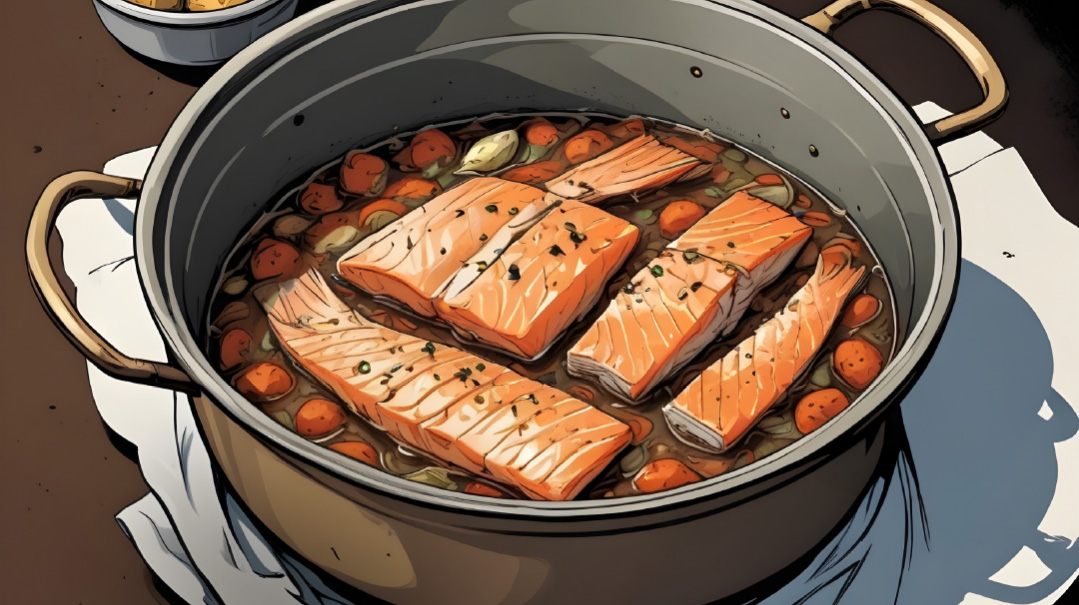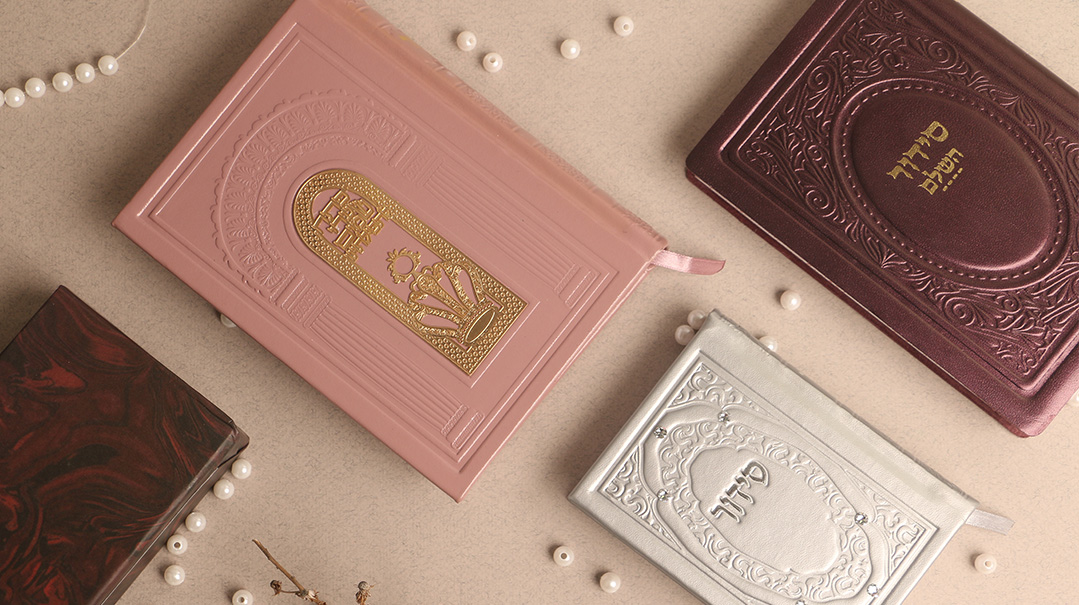The Gold Dress
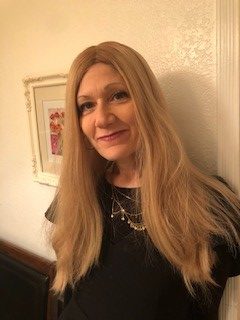
I wasn’t sure how my appearance would go over with the old crowd. I was certain that my new style would trigger confrontational questions, maybe even mockery
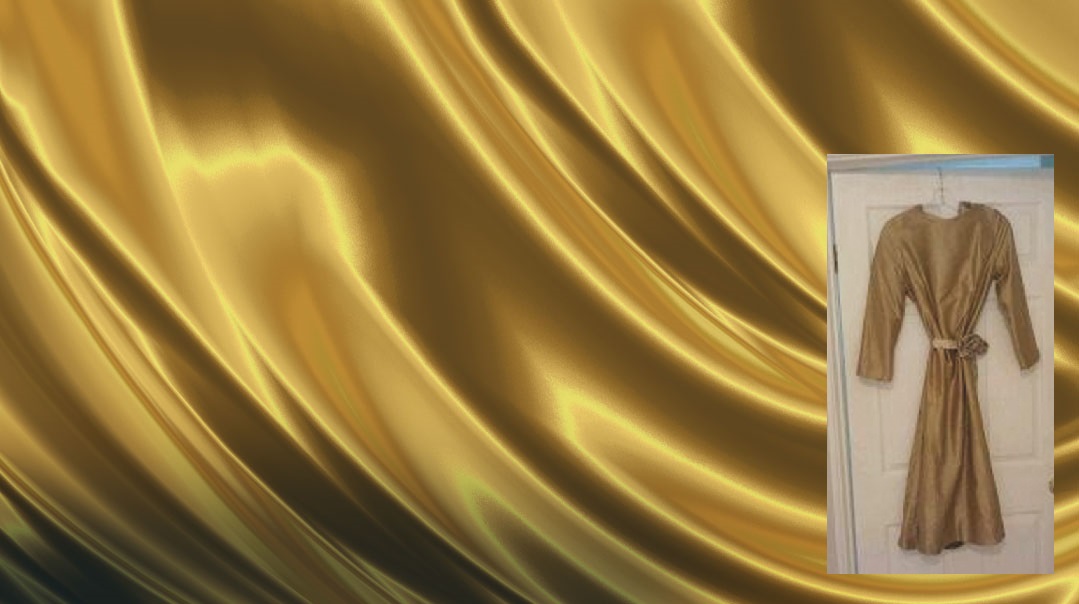
When I became frum 20 years ago, I was happy to join a wonderful, warm community with different, deeper, and vastly more meaningful and articulated priorities in life than I’d yet experienced. I vividly remember the first time someone saw me walking down the street after davening and said, “Good Shabbos.” I was thrilled to be recognized as a regular face in my new shul.
What I didn’t expect as I was making new friends was the alarming rate at which my old friends would slip away. For instance, after a mutual friend’s wedding in the dark desert night of Arizona, a friend from graduate school drove us on a long and winding road through dark, dusty mountains under a canopy of stars back to our hotel.
Somehow, the topic of Israel came up. (Curiously, this topic was now coming up with people who hadn’t mentioned it before I became frum.) My friend was clearly surprised and strangely outraged by my frank support of the state. Instead of discussing books we’d read, music we liked, or joking around, as we once had, this once-close pal argued with me about Israel the whole car ride back. Before we said goodbye for the night — a parting that turned out to be for good — this friend said that she didn’t like how “political” I’d become.
Inexplicably, the brilliant and kind woman whose wedding we attended, once a close friend with whom I was in frequent contact, also never spoke to me again.
These weren’t the only friendships that disintegrated after I became frum. My once easy and fun relationship with my best friend and roommate in college also become strained. As I started keeping kosher, we’d begun seeing each other less and less. As roommates and friends, we’d prepared and shared many meals together, but now eating together had become complicated. I was pleased a few years later when she asked me to be a bridesmaid at her outdoor summer wedding.
Thankfully, I didn’t have to worry about the tzniyus of the bridesmaids’ dresses because my relaxed friend said we could pick out any style we wanted as long as we used the color gold.
After unsuccessfully trekking through numerous stores in search of an elegant, tzniyus gold dress, I realized I was going to have design the dress myself. I bought some gold shantung silk and sketched a simple below-the-knee length A-line, three-quarter sleeve dress, which a talented seamstress beautifully constructed with a stunning handmade pink silk brocade belt with a flower made out of the fabric as a bow.
While I loved my new outfit, I was feeling increasingly panicked about attending the wedding. Some of my college friends had been at my chasunah, which was a strange cultural — although hopefully fun — experience for them. (For instance, many of them did not know how to respond appropriately to “shtick.”) But they didn’t know me as an Orthodox woman, sheitel and all, and I wasn’t sure how my appearance would go over with the old crowd. I was certain that my new style would trigger confrontational questions, maybe even mockery.
My old friends were smart, talented, and funny — but none of them were known for being particularly discreet. For weeks preceding the wedding, I actually was kept up at night picturing the scene: I’d be sitting at a table at the wedding with my husband and old friends, and someone would ask me, in front of everyone, “Jennifer! Are you wearing a wig??!!”
At last, the weekend of the wedding arrived. I tried to stay positive about seeing family and old friends. We flew to Chicago to stay with my parents, and on the day of the chasunah, my mother took a photo of us. We smiled, but inside I was feeling anxious and vulnerable.
When my husband and I arrived at the wedding, I was still nervous. I started to relax when one of my more outspoken friends, who is very artistic and has great taste, calmed me with her genuinely friendly greeting, a compliment on my appearance, and her usual chatter. Relieved that nothing about me seemed utterly foreign, I tried to listen carefully to people and ignore my fears of being deluged in public by “inquiring minds” that might be hostile or dismissive of my recent embrace of frumkeit.
When I walked into the room where the bridesmaids gathered before the chuppah, I saw one of the kallah’s female cousins, whom I’d heard had started a teshuvah process. For some reason — peer pressure, perhaps — she’d chosen a gold dress with a plunging neckline. When she saw me, her hands immediately flew to her uncovered-by-a shell chest and she said, “Wow, you really found a modest gown! I wish I’d worn something like that!” I confided in her that I’d had it made, and that that was probably the only way. She nodded, looking thoughtful.
When we sat down to eat (my husband’s and my lunches wrapped in plastic), my friends and I reminisced and laughed about our complete and utter ineptitude as housekeepers when we were roommates.
As my friends talked and laughed animatedly, I smiled at my husband, who leaned over to me and said that I, standing next to the other bridesmaids, in my gold dress, made a kiddush Hashem that made him proud of me. We both smiled.
Like any young friends, my roommates and I’d bonded through shared interests and circumstances, but none of us knew who we were yet to become. I could see that our lives had diverged, and that we’d most likely lose touch, which we mostly did.
After several hours, we left the wedding. I was anxious to reunite with my then-one-year-old daughter, who’d spent the day riding the children’s train and looking at animals in Lincoln Park Zoo in Chicago my parents.
Since then, several beautiful clothing stores for frum women have opened in L.A., where we live. But a few years ago, when that same daughter started to attend chasunahs, she asked me whether she could alter the dress I wore in the photo that now graces her desk.
Fifteen years after I first wore the gold dress, my daughter wore it to dance and be mesameiach the kallah at her good friend’s older sister’s chasunah — making a kiddush Hashem all over again.
(Originally featured in Family First, Issue 664)
Oops! We could not locate your form.







